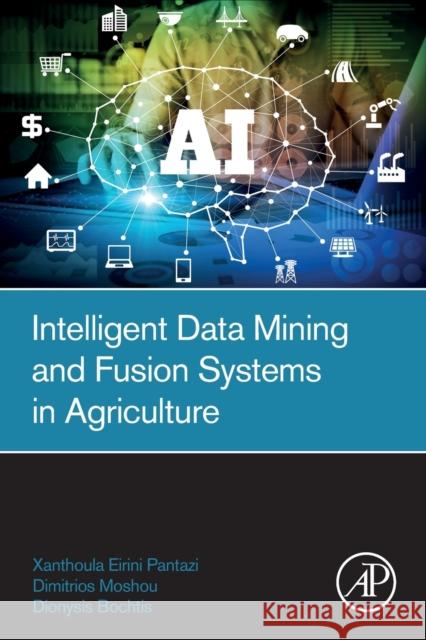Intelligent Data Mining and Fusion Systems in Agriculture » książka
topmenu
Intelligent Data Mining and Fusion Systems in Agriculture
ISBN-13: 9780128143919 / Angielski / Miękka / 2019 / 330 str.
Kategorie:
Kategorie BISAC:
Wydawca:
Academic Press
Język:
Angielski
ISBN-13:
9780128143919
Rok wydania:
2019
Ilość stron:
330
Waga:
0.44 kg
Wymiary:
22.86 x 15.24 x 1.75
Oprawa:
Miękka
Wolumenów:
01











